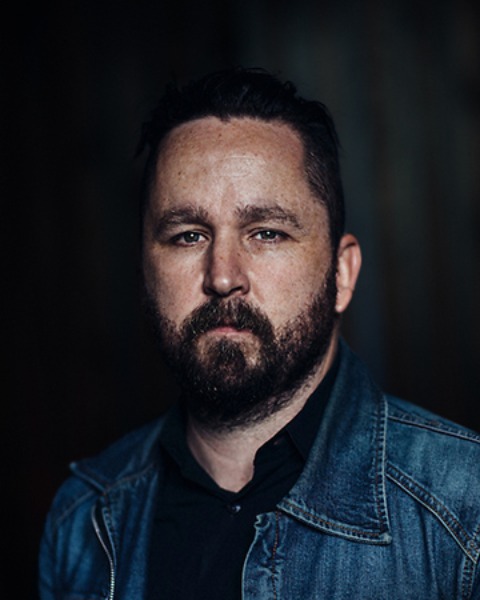

Clay Odom, NCIDQ
Associate Professor
The University of Texas at Austin School of Architecture
Clay Odom is an Associate Professor in the Interior Design Program at The University of Texas School of Architecture, a graduate of Texas Tech University College of Architecture and the Columbia University Graduate School of Architecture Planning and Preservation, and a licensed Interior Designer. During his career, he has completed art, building and interiors projects around the world. He previously worked for internationally recognized firms such as SHoP Architects, Studio Sofield and fashion brand, LUCA LUCA. He is co-founder of research-oriented design practice, Plume Design Lab based in Austin, Texas. This active design practice in combination with his current teaching and research position at The UTSoA are the platforms for design-based scholarship which leverages advanced tools and methods to explore spatial, atmospheric and material effects generation in relation to spatial design, interior environments and fabrication. Engaging both analog and digital computation and more recently incorporating AI, Odom’s research and teaching pedagogy leverages complex systems as conceptual and methodological frameworks for interrogating and designing interiors as fundmental and generative components of the built environment. This work is fundamentally driven by questions of relation as they play out in within increasingly complex urban and natural environmental interfaces and ecologies. He has completed projects and exhibited work in France, Holland, Hong Kong, Australia, Estonia, and The United States.




